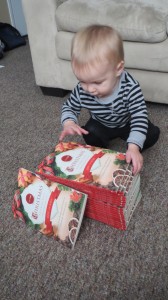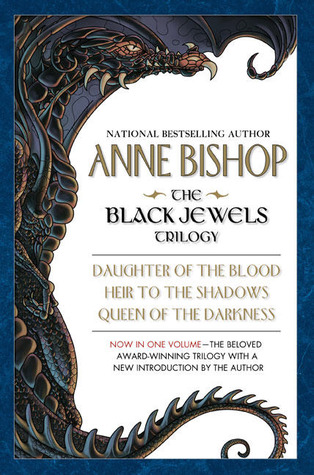(This is a guest post I did for Melissa F. Olson on December 10. You can see the original posting here.)
What place does religion have in fantasy novels?
 I’ve noticed that many young adult urban or paranormal
fantasy novels exclude religion for the most part; it’s easier for the protagonist to accept magic if God doesn’t play a part in it. For example, you hardly see Bella Swan or Katniss Everdeen turning toward an established religion for help in solving their problems. Likewise, Laini Taylor’s Daughter of Smoke and Bone has seraphim
characters, but no connection between them and a Creator. And honestly, I can’t
blame them. After all, if I were the protagonist in a book about the sparkling
undead, the entire novel would be focused on my internal struggle as I try to
level that idea with my Christian beliefs, not on me falling in love with a
friendly vampire who looks like a Greek god. It completely changes the story.
I’ve noticed that many young adult urban or paranormal
fantasy novels exclude religion for the most part; it’s easier for the protagonist to accept magic if God doesn’t play a part in it. For example, you hardly see Bella Swan or Katniss Everdeen turning toward an established religion for help in solving their problems. Likewise, Laini Taylor’s Daughter of Smoke and Bone has seraphim
characters, but no connection between them and a Creator. And honestly, I can’t
blame them. After all, if I were the protagonist in a book about the sparkling
undead, the entire novel would be focused on my internal struggle as I try to
level that idea with my Christian beliefs, not on me falling in love with a
friendly vampire who looks like a Greek god. It completely changes the story.
Despite this, religion can play a significant role in
fantasy, especially in stories that take place in new worlds (i.e. epic/high
fantasy). Religion can be found in some shape or form in all cultures—in fact,
in many cultures past and present, spiritual beliefs come first (this can be
seen among the Shi’a and many Native American tribes). Religion plays a
monumental role in setting, even for those who don’t practice a specific faith.
A great example of religion in fantasy is Brandon
Sanderson’s Mistborn: The Alloy of Law,
which has four separate religions that all formed based on characters and
events from the original Mistborn
series. Not only do these religions (all fictional, in this case) play a major
role in Sanderson’s characters’ lives, but we as readers actually get to see
how the belief systems came to fruition.
Religion is also used to explain natural phenomena, such as
the ancient Egyptians’ belief in the sun’s death and rebirth to explain sunset
and sunrise. Jennifer Fallon uses such a strategy in her novel Lion of Senet. In this book, Fallon’s
world never sees darkness, as it has two suns—a brighter one that shines at
“day” and a fainter one that shines at “night.” A certain religious sect claims
this is the work of a goddess, and works to appease her through human sacrifice
and sacred orgies. Fallon also plays the science card in the novel, which makes
it that much more interesting.
The balance between the religious and the non-religious in
fantasy is a tricky one; for me, it mostly depends on the story I want to tell.
I will always include religion in an
epic fantasy, even if only in the background, as it helps mold the world I want
to create. All cultures have a creation story of some sort, a myth that
explains where mankind came from, pre-Darwin.
For non-epic fantasies, I use religion where and when I deem
it will help my story. For example, in my novel The Paper Magician (47North, 2014), I use Anglican Christianity as
a means of character development for my main male lead: he’s someone who wants to believe in something, but doesn’t
know what. His questioning spiritual beliefs reflects back on my protagonist
who, living in 1902 London, has Christian roots, albeit a more universal view
of God.
Even in an atheist setting, establishing that there is a
prominent lack of religion (and how that came to be) can go a long way in
world- and character-building. All people, fictional or not, believe in something, even if it’s just the number
42. (Imagine what Star Wars would be like without the Force!) Religion, if
nothing else, is a psychological tool for explaining the unexplainable.
Pi Patel: “So
tell me, since it makes no factual difference to you and you can't prove the
question either way, which story do you prefer? Which is the better story, the
story with animals or the story without animals?”
Mr. Okamoto: “That's an interesting question?'
Mr. Chiba:
“The story with animals.”
Mr. Okamoto: “Yes. The story with animals is the better story.”
Pi Patel:
“Thank you. And so it goes with God.” –Yann Martel, Life of Pi
Does religion have a place
in fantasy? Where have you seen religion work well in the genre, or fall
completely flat?






























.jpg)
.jpg)

.jpg)





